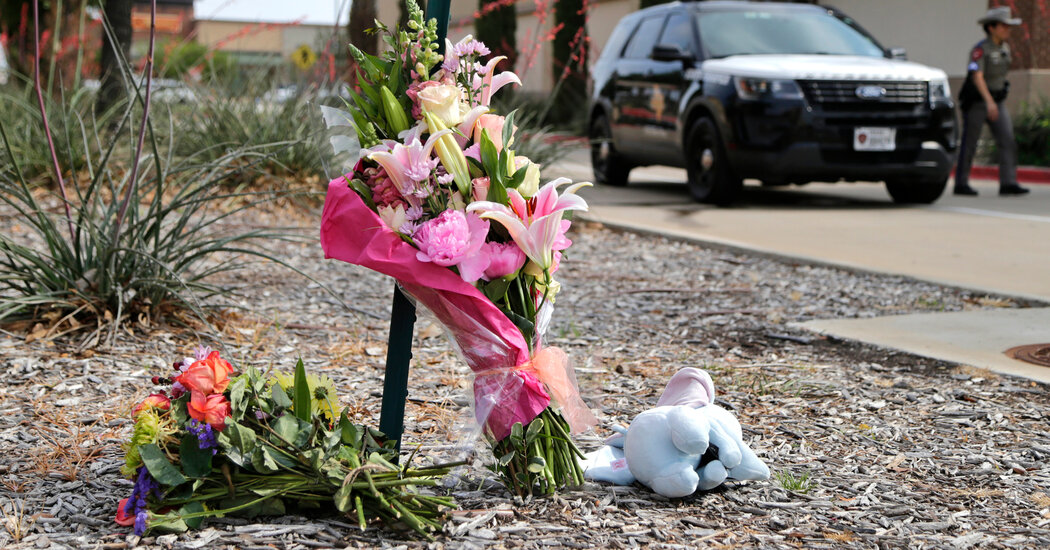
Like other social media companies, Twitter has once again found itself in a position akin to that of traditional newspaper editors, who wrestle with difficult decisions about how much to show their audiences. Though newspapers and magazines generally spare their readers from truly graphic images, they have made some exceptions, as Jet magazine did in 1955 when it published open-casket images of Emmett Till, a 14-year-old Black boy who was beaten to death in Mississippi, to illustrate the horrors of the Jim Crow-era South.
Unlike newspaper and magazine publishers, however, tech companies like Twitter must enforce their decisions on a huge scale, policing millions of users with a combination of automated systems and human content moderators.
Other tech companies like Facebook’s parent, Meta, and YouTube’s parent, Alphabet, have invested in large teams that reduce the spread of violent images on their platforms. Twitter, on the other hand, has scaled back its content moderation since Mr. Musk bought the site late last October, laying off full-time employees and contractors on the trust and safety teams that manage content moderation. Mr. Musk, who has described himself as a “free speech absolutist,” said last November that he would establish a “content moderation council” that would decide which posts should stay up and which should be taken down. He later reneged on that promise.
Twitter, Alphabet and Meta did not respond to requests for comment.
Graphic content was never completely banned by Twitter, even before Mr. Musk took over. The platform, for instance, has allowed images of people killed or wounded in the war in Ukraine, arguing that they are newsworthy and informative. The company sometimes places warning labels or pop-ups on sensitive content, requiring that users opt in to see the imagery.
While many users clearly spread the images of the massacre, including of the dead attacker, for shock value, others retweeted them to underscore the horrors of gun violence. “The N.R.A.’s America,” one tweet read. “This isn’t going away,” said another. The New York Times is not linking to the social media posts containing the graphic images.













